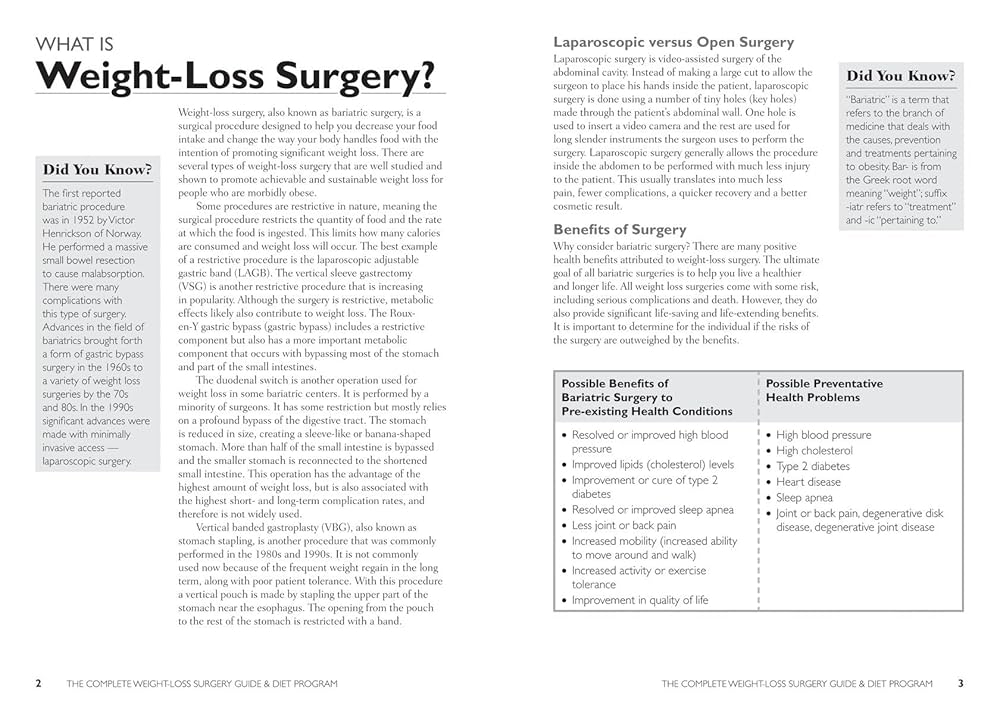Estimated reading time: 8 minutes
Key Takeaways
- Weight gain is influenced by hormonal, lifestyle, and psychological factors.
- Understanding these factors can help you develop effective weight management strategies.
- Professional guidance, lifestyle changes, and stress management are key solutions.
Have you ever stepped on the scale and wondered, “Why am I gaining weight?” You’re not alone. Understanding the causes of weight gain is crucial for managing your health effectively. In this comprehensive guide, we’ll explore the various factors that contribute to weight gain, from hormonal changes to lifestyle habits, and provide actionable solutions to help you maintain a healthy weight.
According to the Mayo Clinic, weight gain results from multiple interconnected factors, making it essential to understand these elements to address them effectively. Let’s dive into the key causes and what you can do about them.
1. Hormonal Weight Gain: The Hidden Influence
Hormonal imbalances can significantly impact your weight, often in ways that aren’t immediately obvious. These chemical messengers play a crucial role in regulating metabolism, appetite, and fat storage.
Key Hormones Affecting Weight:
- Thyroid Hormones: An underactive thyroid (hypothyroidism) slows your metabolism, making weight gain more likely even without changing your eating habits. Common symptoms include fatigue, cold sensitivity, and unexplained weight gain.
- Insulin: When your body becomes resistant to insulin, it struggles to process blood sugar effectively. This can lead to increased fat storage, particularly around the abdomen. This is often associated with type 2 diabetes or pre-diabetes. Learn more
- Cortisol: Known as the “stress hormone,” elevated cortisol levels can trigger increased appetite and abdominal fat storage. Conditions like Cushing’s syndrome exemplify how cortisol imbalances affect weight.
- Sex Hormones: Women often experience weight changes during menopause due to declining estrogen levels. Similarly, conditions like PCOS (Polycystic Ovary Syndrome) can cause hormonal imbalances leading to weight gain.
2. Stress and Weight Gain: The Vicious Cycle
Chronic stress doesn’t just affect your mental health – it has direct implications for your weight. When stressed, your body releases cortisol, which can:
- Increase appetite, particularly for high-calorie comfort foods
- Promote fat storage, especially around the midsection
- Disrupt sleep patterns, affecting hunger hormones
Managing Stress-Related Weight Gain:
- ✓ Practice regular exercise
- ✓ Implement stress-reduction techniques like meditation
- ✓ Maintain consistent sleep schedules
- ✓ Consider professional support through platforms like Zappy Health, which offers comprehensive weight management solutions
3. Lifestyle Factors Contributing to Weight Gain
Daily habits play a significant role in weight management. Here are key lifestyle factors to consider:
Diet and Nutrition:
- Consuming excessive processed foods
- Regular intake of sugary beverages
- Large portion sizes
- Mindless eating while distracted Learn more
Physical Activity:
- Sedentary lifestyle
- Too much screen time
- Lack of structured exercise
- Limited daily movement
Sleep Patterns: Poor sleep disrupts hunger hormones (ghrelin and leptin), leading to:
- Increased appetite
- Stronger cravings for high-calorie foods
- Reduced energy for physical activity
4. Common Barriers to Weight Loss
Understanding what prevents weight loss can help you overcome these obstacles:
Physical Barriers:
- Slow metabolic rate
- Underlying medical conditions
- Medication side effects Learn more
- Age-related changes
Psychological Barriers:
- Emotional eating
- Stress-induced cravings
- Unrealistic expectations
- Lack of motivation
5. Taking Action: Solutions for Weight Management
If you’re experiencing unexpected weight gain, consider these steps:
1. Seek Professional Guidance: Zappy Health offers convenient, 100% online consultations with healthcare providers who can:
- Evaluate your specific situation
- Identify underlying causes
- Recommend appropriate treatments, including GLP-1 medications when suitable
- Provide ongoing support and monitoring
2. Implement Lifestyle Changes:
- Focus on whole, nutrient-rich foods
- Establish regular exercise routines
- Practice stress management techniques
- Prioritize quality sleep
3. Track Progress:
- Keep a food diary
- Monitor physical activity
- Record weight changes
- Note emotional triggers for eating
6. When to Seek Help
Consider professional medical support if you experience:
- Rapid unexplained weight gain
- Weight gain resistant to lifestyle changes
- Symptoms of hormonal imbalances
- Significant impact on daily life
Conclusion:
Understanding the causes of weight gain is the first step toward effective management. While various factors contribute to weight changes, solutions are available. Zappy Health provides comprehensive support through:
- Medical evaluation and monitoring
- Prescription medications when appropriate
- Ongoing coaching and support
- Convenient, 100% online care
Remember, weight management is a journey, not a destination. With the right support and understanding of these causes, you can develop an effective strategy for maintaining a healthy weight.
Need professional support for your weight management journey? Visit Zappy Health to learn more about our personalized, science-backed solutions delivered right to your door.





